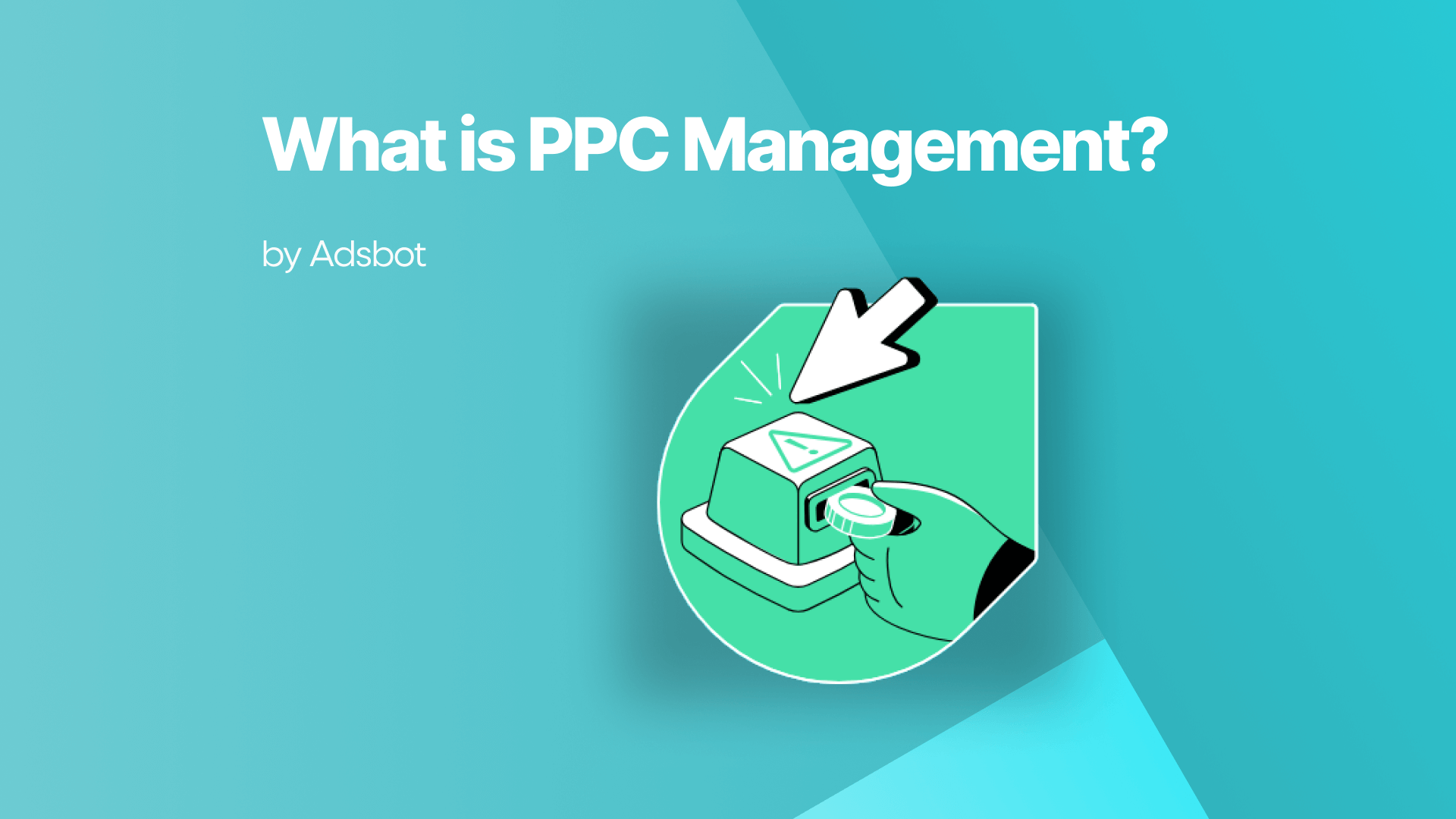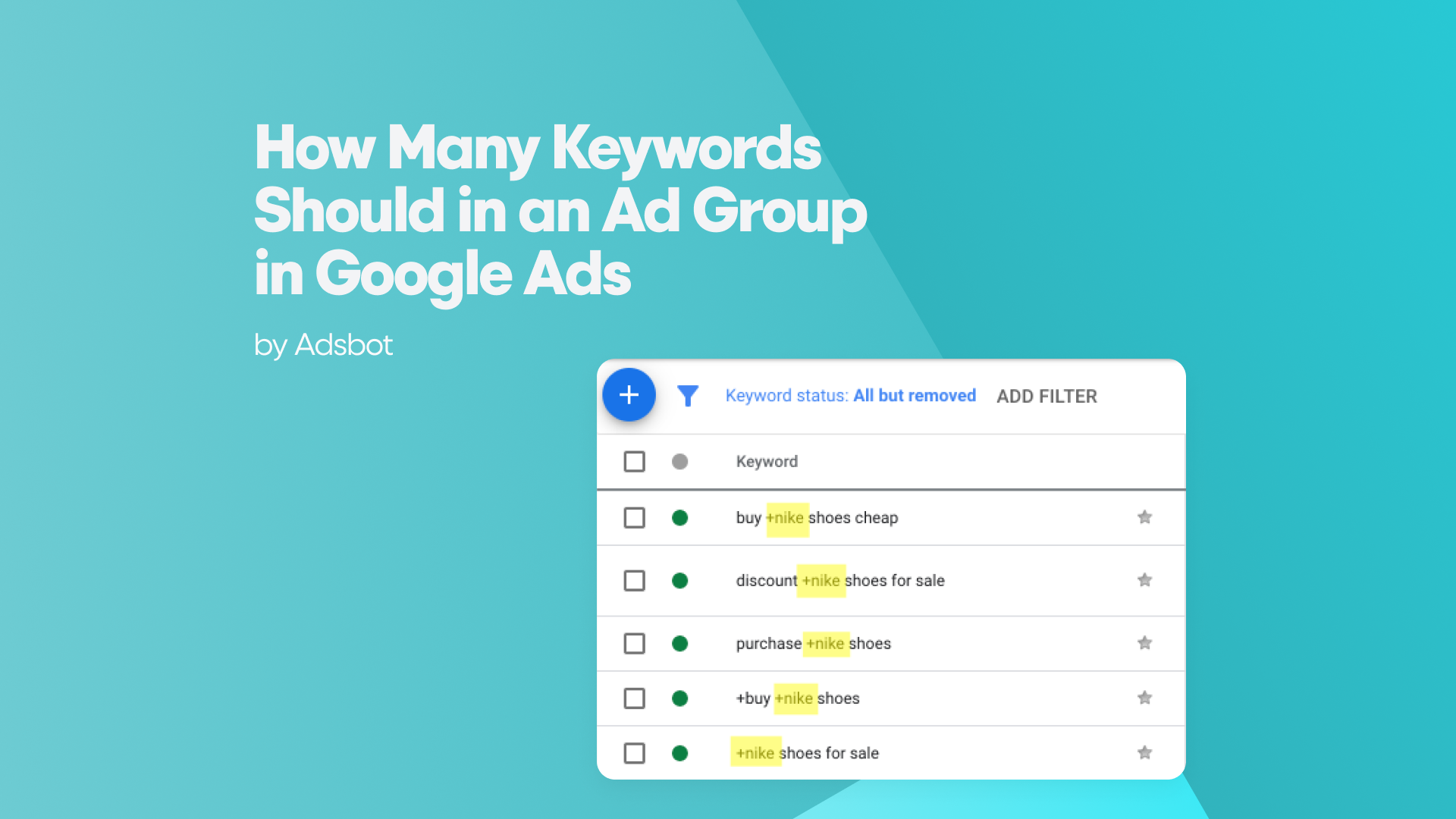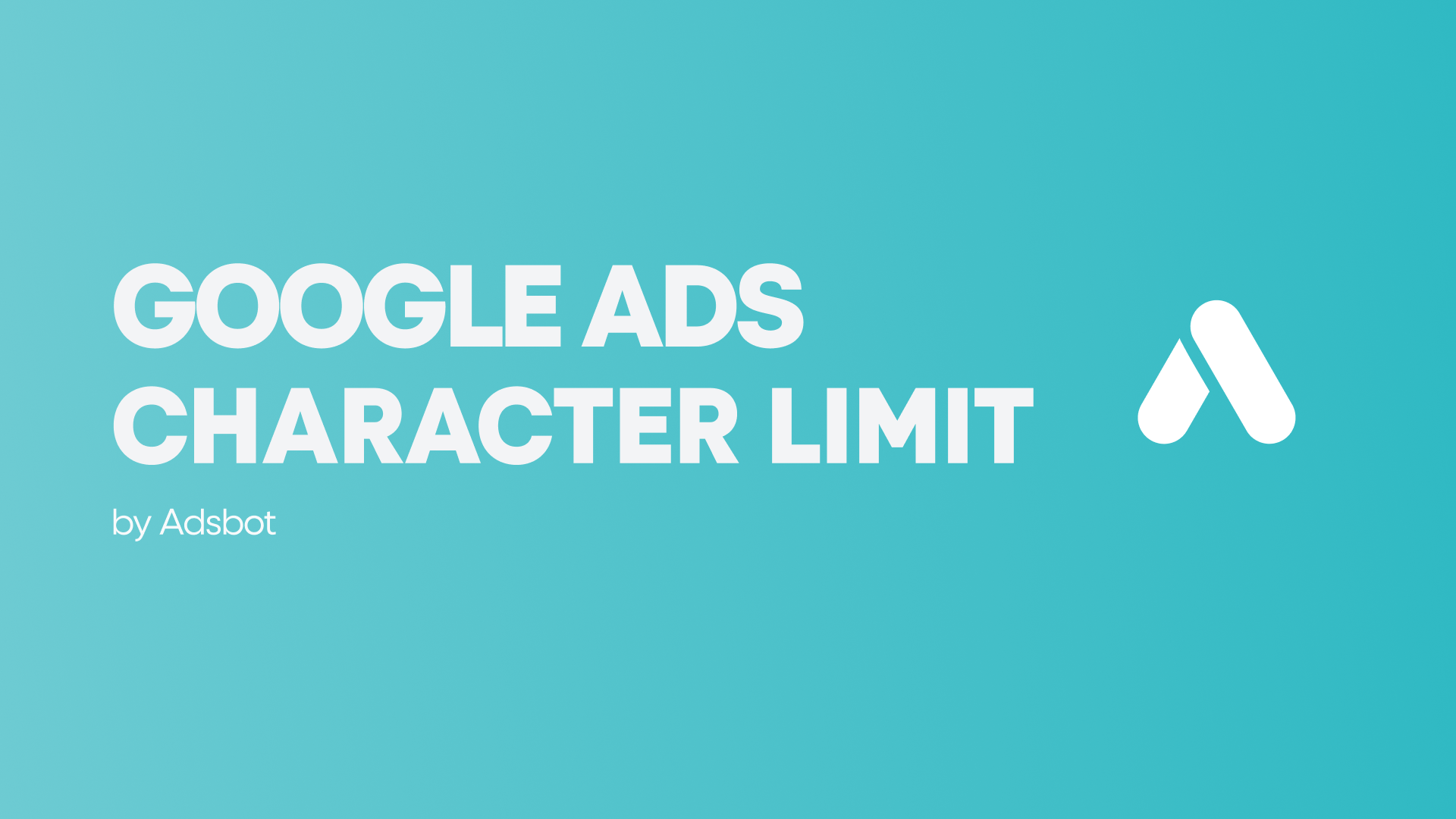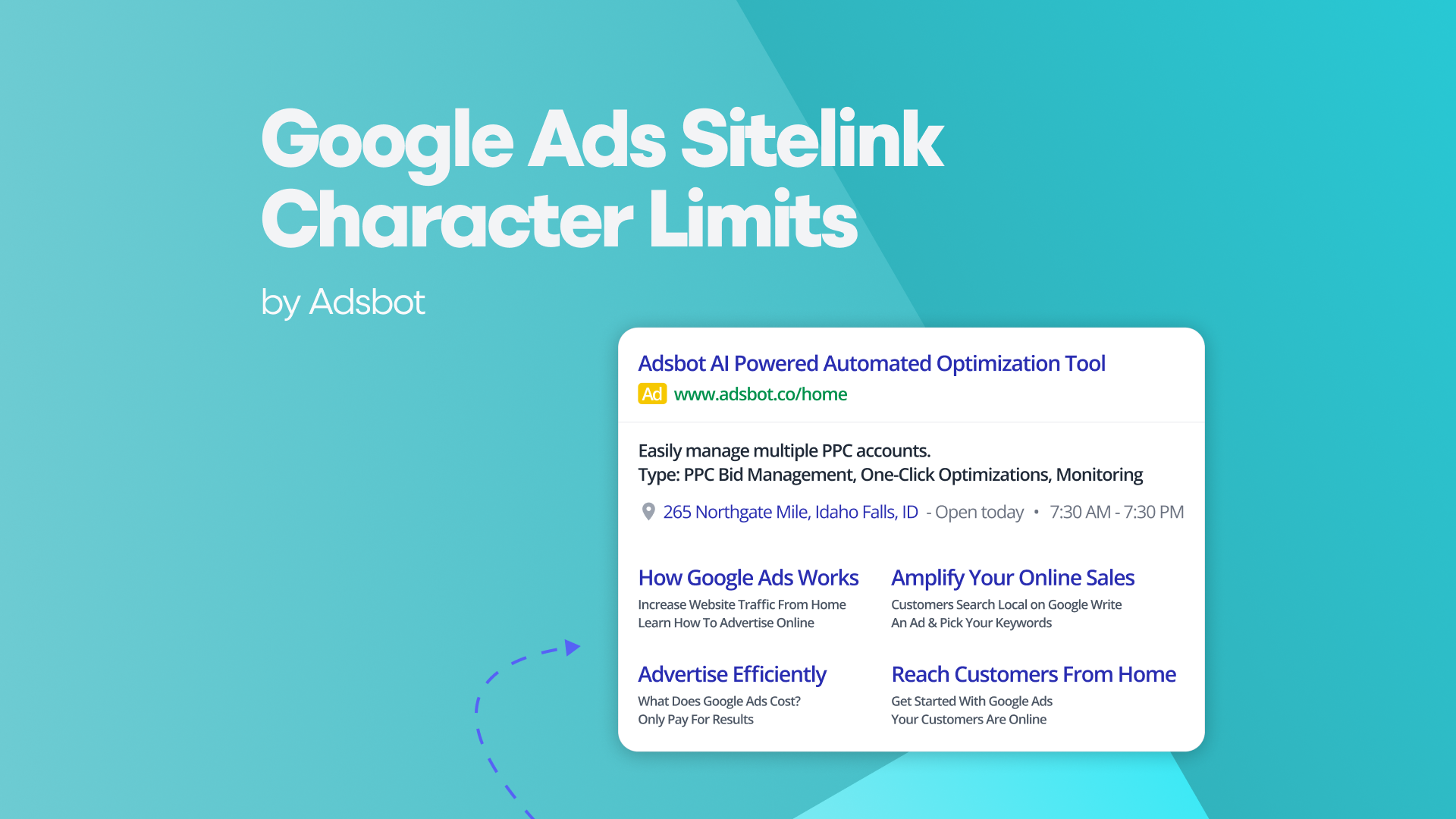Understanding the subtleties of successful tactics is crucial in the ever-changing field of digital marketing, where a company’s online presence may make or destroy it. The question “What is PPC Management?” delves into the world of Pay-Per-Click (PPC) advertising, a powerful tool for companies trying to improve their online presence. With the goal of elucidating the complexities of PPC Management, this thorough text provides a thorough grasp of its operations, numerous advantages, and useful advice for implementing it successfully.
It might be intimidating to navigate the wide digital space, and for those who are not experienced with PPC management, this is an important point in the process of learning about digital marketing. PPC management is a methodical way to plan and coordinate targeted campaigns so that every click results in quantifiable success. It goes beyond just putting advertisements. The goal of this article is to simplify PPC management so that organizations and marketers may fully utilize this dynamic advertising technique.
What is PPC Management?
In digital marketing, Pay-Per-Click (PPC) management, or PPC management for short, is a strategic strategy that entails managing and optimizing PPC advertising campaigns. PPC is essentially an internet advertising approach in which advertisers pay a fee each time a click is made on their advertisement. But successful PPC involves more than just ad placements. The methodical process of designing, observing, and improving these ads to make sure they meet corporate goals and provide quantifiable outcomes is known as PPC management. This covers activities like keyword research, bid management, refining the content of ads, and ongoing campaign performance monitoring. PPC management’s main objective is to optimize return on investment (ROI) through targeted audience placement and campaign optimization based on real-time data and user behavior. It is a dynamic, data-driven method that enables companies to accurately target their target market, manage expenses, and adjust their tactics in a constantly changing digital environment.
How Does PPC Management Work?
Comprehending the principles of PPC Management is essential for its efficient execution. Google, one of the major companies in digital advertising, is always improving its ad networks and search algorithms. Recent observations from the Google Search blog show that speed, relevancy, and user experience are prioritized. This refers to keeping up with these developments in the context of PPC management in order to customize campaigns for maximum effectiveness.
The journey begins with keyword research, identifying terms relevant to the business or product. In an auction-style format, advertisers bid on certain keywords, and the combination of bid amount and ad relevance determines which advertisements appear. To improve exposure and engagement, effective PPC Management entails continuously observing these auctions, modifying bids, and improving ad text.
What Are the Benefits of PPC Management?
- Precision Targeting: The capacity to target certain user behaviors, regions, and demographics is one of PPC Management’s main benefits. By presenting advertising to a very relevant audience, this accuracy raises the possibility of conversion.
- Measurable Results: PPC campaigns offer comprehensive data and insights. Determining areas for improvement, measuring campaign effectiveness, and optimizing for improved outcomes are all part of effective PPC management.
- Cost Control: Advertisers may manage their budgets with PPC Management. Businesses may better control their budgets and be more cost-effective by using the pay-per-click model, which requires them to only pay when an advertisement is clicked.
- Immediate Visibility: PPC delivers instant visibility, in contrast to organic techniques. Businesses can make sure that their advertisements show up prominently in search results and reach potential consumers at critical decision-making times by using skilled PPC Management.
- Adaptability: Real-time modifications are possible with PPC Management. PPC campaigns may be quickly adjusted to remain relevant and successful in the event that a certain keyword performs poorly or the market conditions change.
How to Use PPC Management Effectively?
A planned strategy and ongoing improvement are necessary for the successful implementation of PPC Management. Using knowledge from the Google Search blog, the following tactics can improve PPC campaign effectiveness:
- Leverage Responsive Search Ads: Google’s focus on these types of advertisements highlights the need for adaptability in ads. PPC management with responsive search ads enables dynamic ad content optimization, which raises the possibility of connecting with a variety of audiences.
- Prioritize Mobile Optimization: PPC campaigns must be optimized for mobile consumers due to the increasing number of mobile devices. A successful PPC management approach makes sure that advertisements are not only observable but also provide a consistent user experience across a range of devices.
- Focus on User Experience: Google’s dedication to enhancing the user experience is consistent with efficient Pay Per Click (PPC) management. Landing pages have to be optimized for usability, relevancy, and quickness of access. Better campaign performance and higher ad quality ratings are correlated with a pleasant user experience.
- Continuous Keyword Research: PPC Management is a continuous activity, and keyword research is necessary to keep ahead of the curve. Campaigns stay in line with evolving user search behavior when the list of targeted keywords is updated and expanded on a regular basis.
- Utilize Ad Extensions: Ad extensions improve an advertisement’s relevancy and exposure. Using ad extensions in PPC management, such as callouts, structured snippets, and site links, gives consumers more information and boosts the campaign’s overall efficacy.
PPC management is a critical tactic for companies looking for focused exposure and quantifiable outcomes in the ever-changing world of digital advertising. The core ideas of PPC management have been covered in this tutorial, along with its definition, intricate workings, and numerous advantages. With the help of the Google Search blog’s insights, companies can now approach PPC with a strategic perspective, making the most of quantifiable statistics, precise targeting, and ongoing adaption to get the best possible outcomes.
One of PPC Management’s core qualities, adaptability, is evidence of its dynamic character. PPC ads are kept current and successful by having the flexibility to adapt in real-time in response to changing market conditions and user behavior. Effective PPC management is defined by constant improvement rather than merely setting and forgetting. Effective PPC management is still essential for companies looking to prosper in the cutthroat online market as the digital landscape changes.
Popular Posts
-
Google Ads Script for Dummies: An Introduction
Imagine you have an e-commerce website that sells licensed superhero…
Read more -
How Many Keywords Should in an Ad Group in Google Ads?
Are you new to Google Ads and trying to…
Read more -
Google Ads Character Limits
Google Ads has character limits for various elements of an…
Read more -
Google Ads Sitelink Character Limits
Are you looking to maximize your Google Ads campaigns?…
Read more
Register for our Free 14-day Trial now!
No credit card required, cancel anytime.





